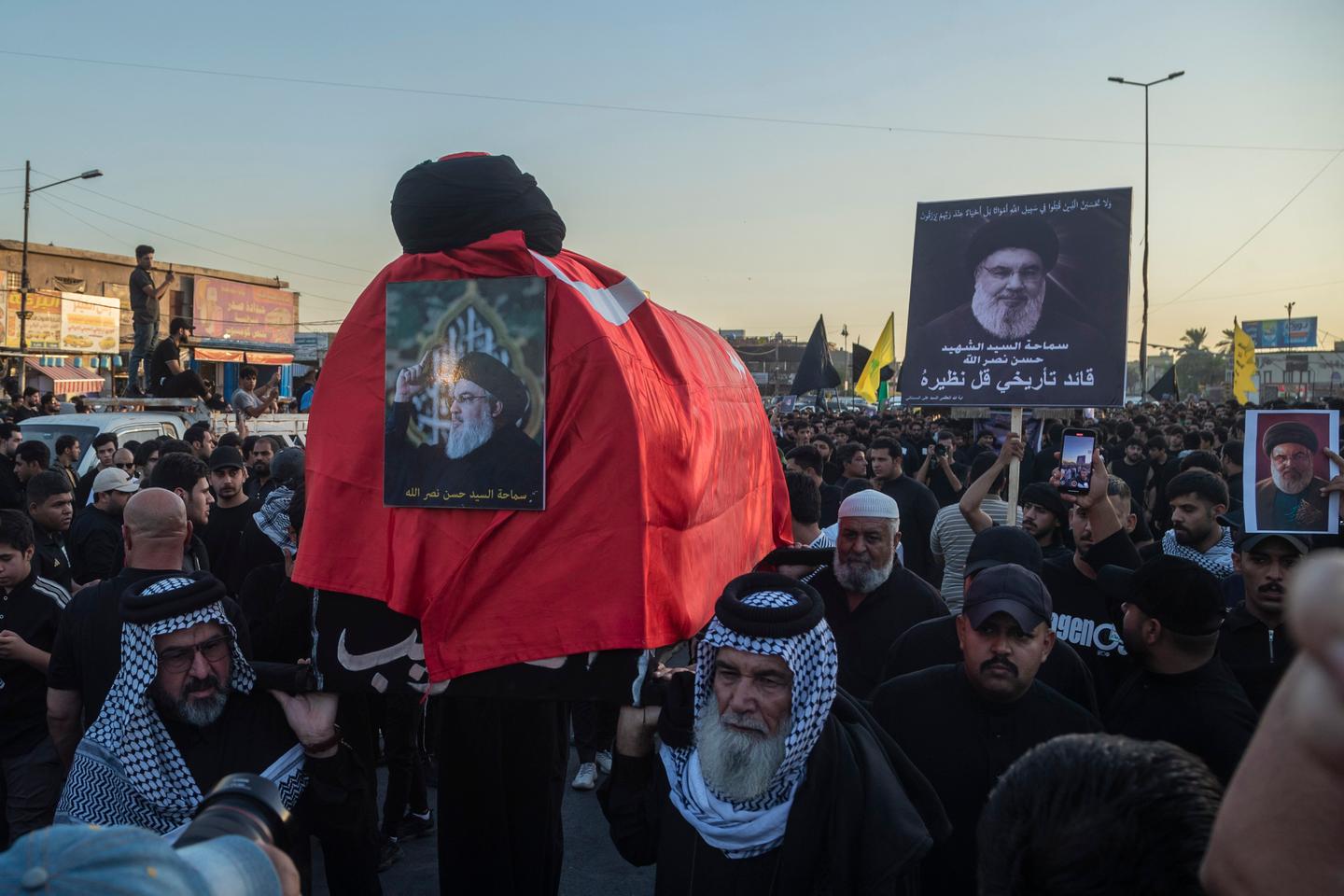World
In the Arab world, split reactions to Nasrallah killing reflect Hezbollah’s divisiveness

Dismay, shock, but also jubilation. The Arab world reacted in disorder to the announcement, on Saturday, September 28, of the death of Hassan Nasrallah, the leader of the Lebanon-based Hezbollah, underlining the particularly divisive dimension of this figure. A major player in the history of the Middle East over the last 30 years, the man in the black turban was as much adulated for his role in liberating Lebanon in 2000, and his ability since then to stand up to Israel, as he was reviled for his involvement in crushing the Syrian revolution and his subservience to the interests of Iran.
So, on Saturday evening, while an angry crowd was demonstrating outside the United States embassy in Baghdad, waving the yellow banner of Hezbollah, young Syrians were shouting their joy and distributing cakes in Idlib, in the northwest, the last stronghold of the anti-Assad insurgency.
This ambivalence is reflected in official reactions. Syria, Hezbollah’s ally in the “axis of resistance,” denounced “a despicable aggression” and castigated “the Zionist entity” for its “wanton disregard for all international standards and laws.” The Foreign Ministry statement added that “the Syrian people (…) have never for a day forgotten” the “support” provided by Nasrallah. This was a reference to the deployment of Hezbollah forces alongside loyalist troops during the Syrian civil war (2011-2018), which contributed to the survival of the Assad regime.
These words stand in stark contrast to the extreme caution to which the Syrian authorities have adhered since the start of the Israeli escalation in Lebanon in mid-September. The authorities in Damascus know that they would have far too much to lose if they came to the aid of Hezbollah, crushed under Israeli army bombs. As a sign of solidarity with the Shiite movement, the Syrian government declared three days of official mourning.
Silence from the Gulf States
Unsurprisingly, the other links in the pro-Iranian camp also strongly denounced the elimination of the “sayyid,” the honorary title Nasrallah adorned himself with as a descendant of the Prophet. The Houthi rebels in Yemen, who were bombed by Israeli aircraft on Sunday, declared that this act would “strengthen [their] determination.” Palestinian militant group Hamas condemned the “cowardly terrorist act.” In Iraq, which is not formally part of the “axis of resistance” but in which a multitude of pro-Iranian militias operate, Prime Minister Mohammed Shia al-Sudani described the assassination as a “crime” that “crossed all red lines.”
You have 57.17% of this article left to read. The rest is for subscribers only.









